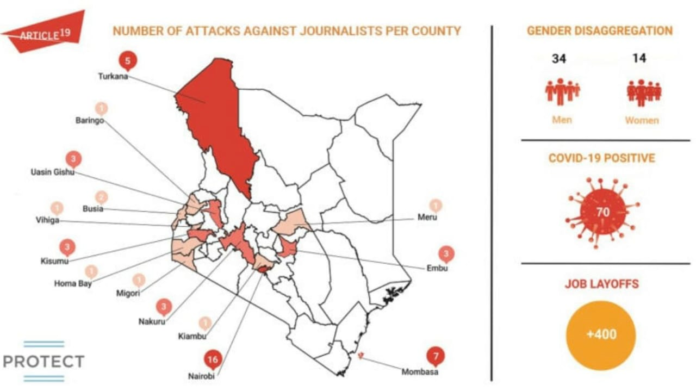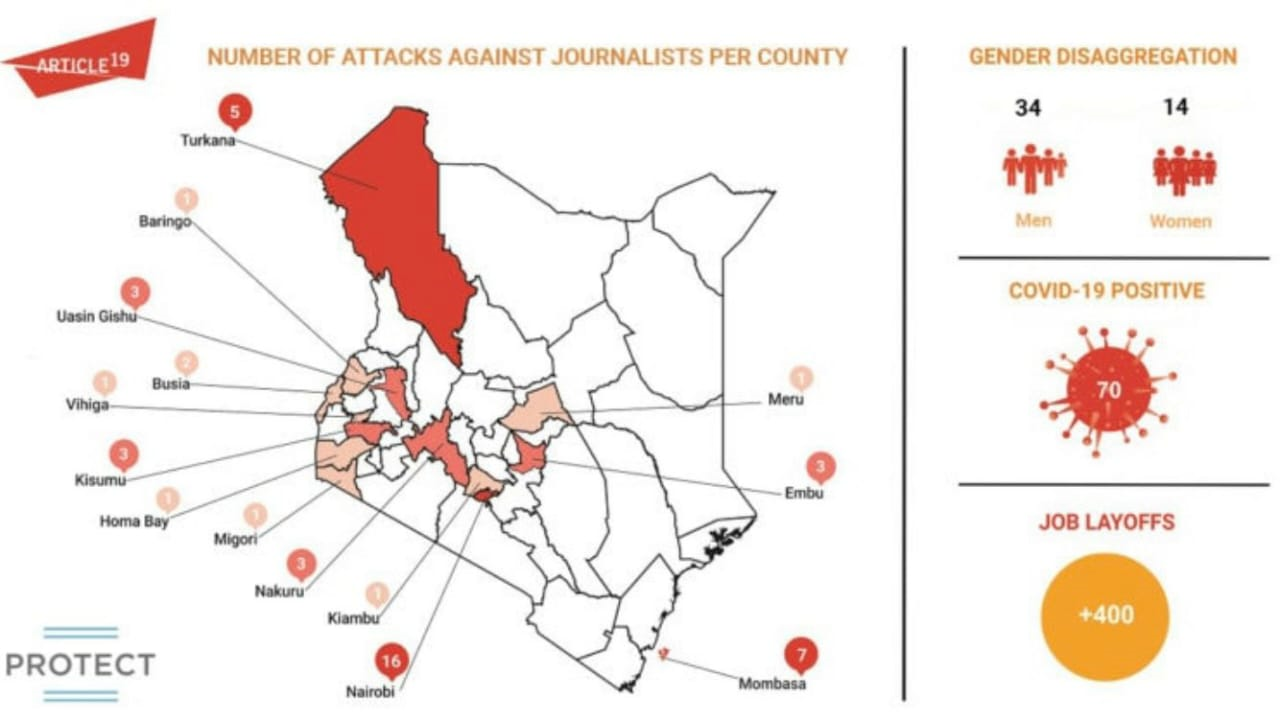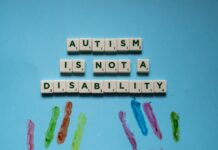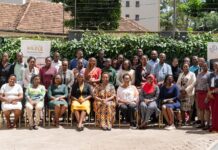By Sharon Kiburi
Nairobi, Kenya: Journalists like many professions are among the hard-hit careers by the COVID-19 pandemic. Article-19, an organization that promotes freedom of expression, reported that during the period of March-August 31 2020, 48 journalists were attacked in Kenya; 34 male, 14 female. In the same period, 70 journalists were confirmed to be COVID-19 positive and more than 400 journalists lost their jobs in the same period. Mainstream media houses downsized and many journalists lost their livelihoods. This effect was also hard felt by freelance journalists who provide news features to them as correspondents but who were now no longer commissioned.
“When it comes to investigative journalistic pieces on COVID- 19 millionaires articles, there are not many written by female journalists because the majority have to stay home and watch over their children, maybe because they can no longer afford to pay people to take care of their children anymore,” says Caroline Njoroge a media trainer and communication consultant.
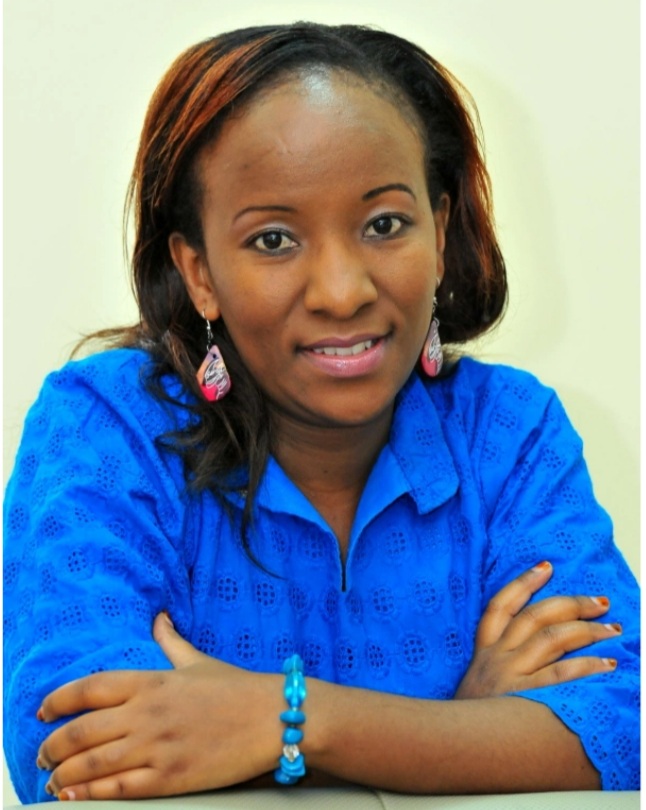
she further adds that majority of journalists when it comes to accessing stories on various thematic areas surrounding COVID 19 have no access to information. This has been the real problem hence taking a lot of time to publish or meet deadlines on various work outputs.
Further, Caroline says Covid_19 changed the lives of female journalists in society. Given the fact that the majority of media personnel have lost their means of earning a living, they are now beginning to rely on playing their luck on grants from various funding institutions.
Macharia Gaitho also a media trainer and a former editor in response to this issue says “Covid-19 has impacted socially the lives of all journalists of all sexes. Journalism by its very nature is a highly mobile and social profession” Journalists must get around while chasing the news and meeting sources or just engaging professionally with colleagues. Macharia further said the closure of bars, restaurants, clubs, and other social gatherings severely limited the usual interactions.

Moreover, Macharia said, “Job losses in the media also heavily impacted on journalists by denying them the resources to get around.” He added that the Kenya Editors Guild was from the onset aware of the problem and has initiated media stakeholder discussions on the establishment of a sustainability fund.
It is envisaged that such a fund will go along way to financially support distressed journalists and media enterprises. It will also offer psycho-social support, as well as training and investment in alternative media. The precise interventions will be determined by a study to be undertaken soon. It might also look into whether female journalists have been particularly affected.
Meeting Philomena Gitao a freelance videographer & writer journalist whose work has been affected by the COVID-19 pandemic. Her frustrations on the current situation are the same; “The COVID-19 pandemic has made working as a videographer journalist unyieldingly difficult” she has an eye for human interest stories, health, and corruption.
She explains that initially at the beginning of the pandemic when the government had restricted movement it made working as a videographer journalist almost impossible.
Philomena says the scare brought about by COVID-19 caused people to be skeptical of inviting people to their events or even hire professionals instead they turned into their devices ( phones, tablets, pads) to photos and videos.“ Often as a videographer journalist one can be contacted to cover events/gigs which bring income”.
This was made worse by the government’s ban on public gathering to deter the spread of COVID-19. Philomena has turned to the beauty industry by opening nails and hair parlor. “I have come to love nail arts, a vital lesson COVID -19 Pandemic may have evoked is one needs to have multiple sources of income, it helped me survive”. She said when she invested in the salon she did not give much thought to her status as a journalist, she saw herself as an entrepreneur looking to get her daily bread.
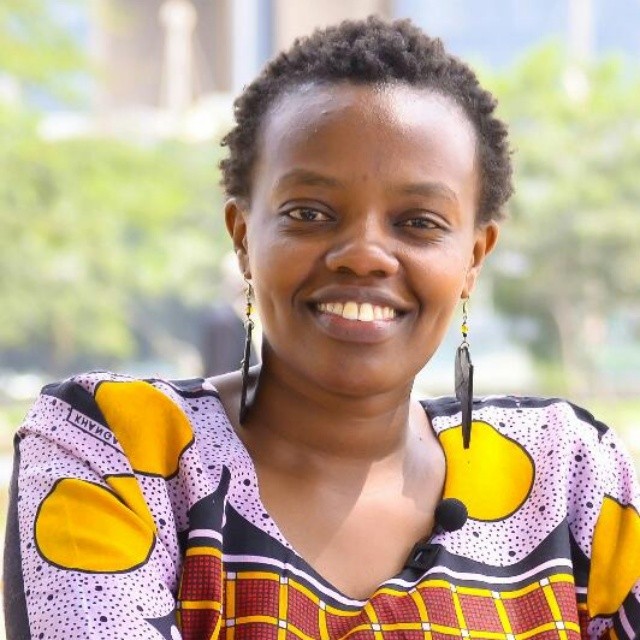
Philomena said she employed someone who had the skills to serve the clients in the early days of opening her business. Over time she has perfected the skills and now serves clients herself.
“I was fortunate enough that my family assisted me with some of the capital to venture into the business”. She says she the business is picking up well, she is proud and hopeful about its growth. The major challenge she is facing is having to meet clients in their comfort zone since most of them do not particularly want to come to the parlor from the fear of COVID-19. “ I am not giving up on my journalism work, I hope to balance the two.”
Another veteran journalist, Andy Kagwa an editor at the Standard media group says the Covid-19 pandemic has had an impact on all journalists, not just female journalists. “However, some female journalists have positively embraced working from home (WFH).
This is especially the case for young mothers who have to balance WFH and normal chores at home.” In addition, Andy said some female journalists have also embraced virtual interviews and engagement with news sources even though others have complained that Covid-19 has limited social interaction and the ability to work on stories.
Journalism is said to be a“labor of love” a career where individuals put in long hours and hard work. Now more than ever, journalists need to be supported mentally, emotionally, and financially as they play their watchdog role of ensuring their working environment is conducive for them.

